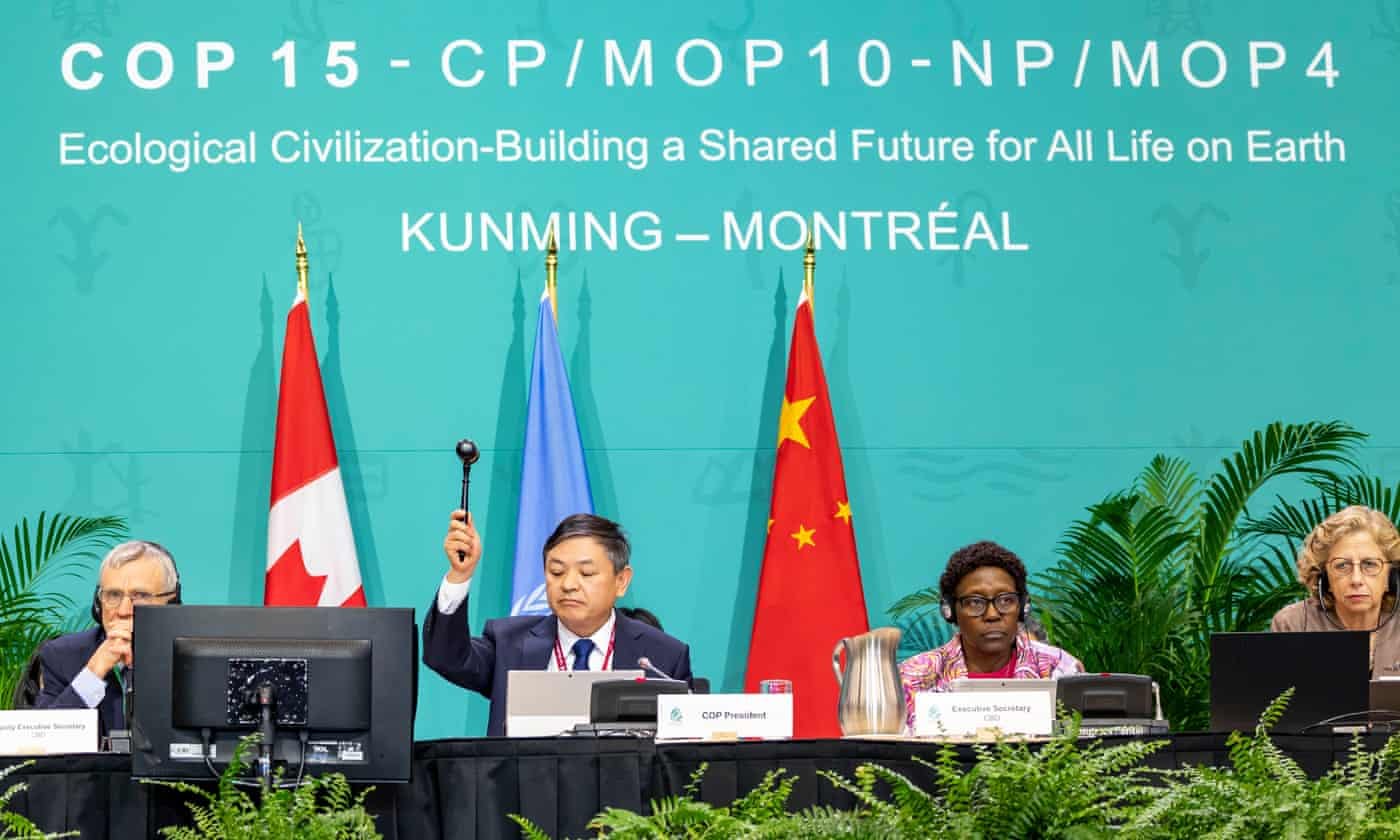7 Important Agreements Reached at COP15

Introduction to COP15
The 15th Conference of the Parties (COP15) of the United Nations Convention on Biological Diversity (CBD) was held in Montreal from 7-19 December 2022. This was a landmark event, as it marked the 30th anniversary of the CBD and its mission to conserve and sustainably use biodiversity. The conference brought together representatives from over 190 countries, as well as representatives from civil society, indigenous peoples, financial institutions, business and other stakeholders.
7 Important COP15 Agreements
At COP15, delegates discussed a range of issues related to biodiversity conservation and sustainable use. After two weeks of intense negotiations and the culmination of 4 years work, the Kunming-Montreal Global Biodiversity Framework which reflects the joint leadership of China and Canada was reached to guide global conservation efforts up to 2030. Here are 7 key agreements that will help to protect and conserve biodiversity around the world.
1. Nature-based solutions
The first agreement was the adoption of a new global framework for nature-based solutions (NBS). This framework will provide guidance on how to use nature-based solutions to address global challenges such as climate change, food security, water security, and health. It also sets out a range of actions that countries can take to promote NBS at national and local levels.
2. Post-2020 global biodiversity framework
This sets out a range of targets for 2030 that countries must meet in order to protect and conserve biodiversity around the world. These targets include reducing species extinction rates by at least 25%, protecting at least 30% of land and sea areas by 2030, restoring degraded ecosystems, and increasing financial resources for conservation efforts.
3. Marine protected areas (MPAs)
Countries must take a range of actions in order to protect marine ecosystems around the world. These actions include establishing new MPAs in areas where they are needed most urgently; strengthening existing MPAs; improving management effectiveness; promoting sustainable fisheries; reducing pollution; and addressing climate change impacts on marine ecosystems.
4. Sustainable agriculture
Details a range of actions that countries must take in order to promote sustainable agricultural practices around the world. These actions include promoting agroecology; improving access to land for smallholder farmers; promoting gender equality in agriculture; reducing food waste; promoting sustainable fisheries management; reducing pesticide use; and addressing climate change impacts on agricultural systems.
5. Forest conservation and restoration
This plan sets out a range of actions that countries must take in order to protect forests around the world. These actions include establishing new protected areas; strengthening existing protected areas; restoring degraded forests; promoting sustainable forestry practices; reducing illegal logging activities; promoting agroforestry systems; and addressing climate change impacts on forests.
6. Invasive alien species
Describes a range of actions that countries should take in order to reduce IAS impacts around the world. These actions include preventing new introductions through better biosecurity measures; controlling existing IAS populations through eradication or containment measures where possible; managing IAS populations through integrated pest management approaches where necessary; restoring native species impacted by IAS invasions where possible; monitoring IAS populations over time to detect any changes or trends in their abundance or distribution patterns over time ;and addressing climate change impacts on IAS populations where relevant .
7. Access and benefit sharing (ABS)
Finally, COP15 also agreed a plan for access and benefit sharing (ABS). This plan sets out a range of actions that countries must take in order to ensure equitable access to genetic resources while also ensuring fair benefit sharing with local communities who are custodians or users of these resources. These actions include developing national ABS legislation or policies; establishing ABS clearing houses; developing capacity building initiatives; implementing monitoring systems; and developing dispute resolution mechanisms.
Was COP15 a Success or Failure?
COP15 has achieved some important agreements which will help protect biodiversity around the world. It is now up to all parties involved – governments, civil society, indigenous peoples, businesses, etc. – to ensure these agreements are implemented effectively so that we can achieve our shared goal: conserving our planet’s precious biodiversity.
At Dendra we’re excited to pick up the challenge and to do our part to realize these ambitious nature based goals.